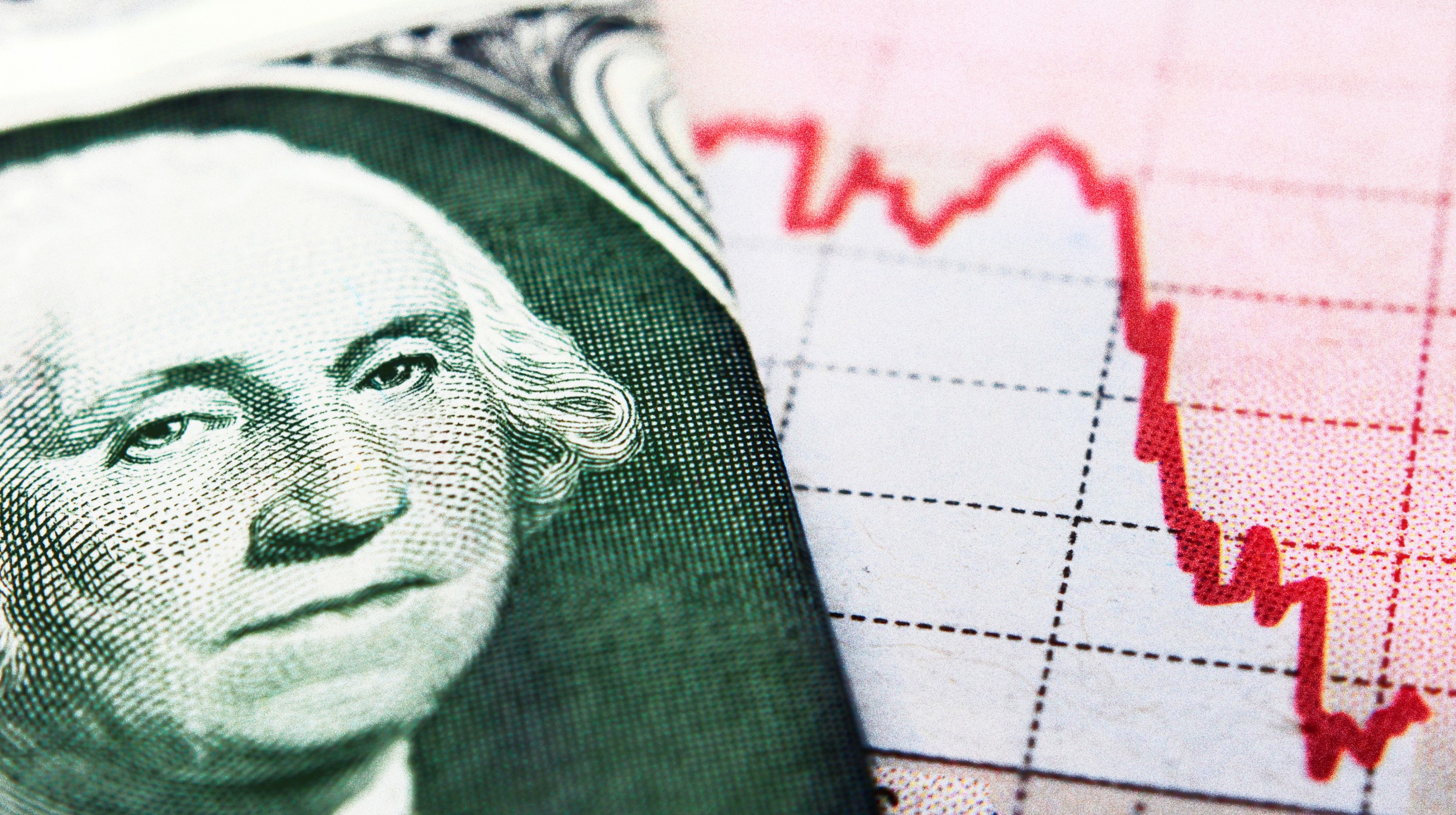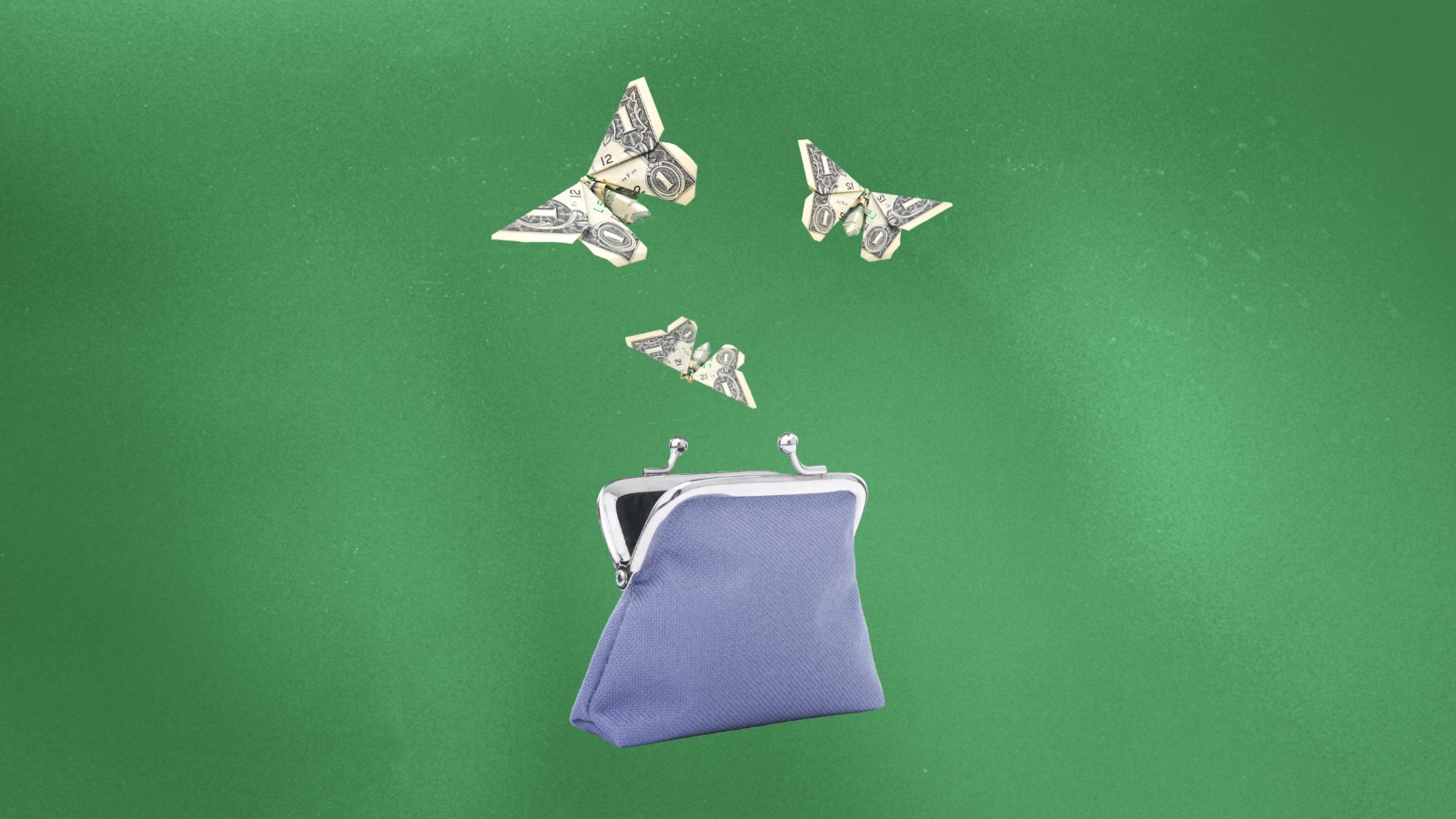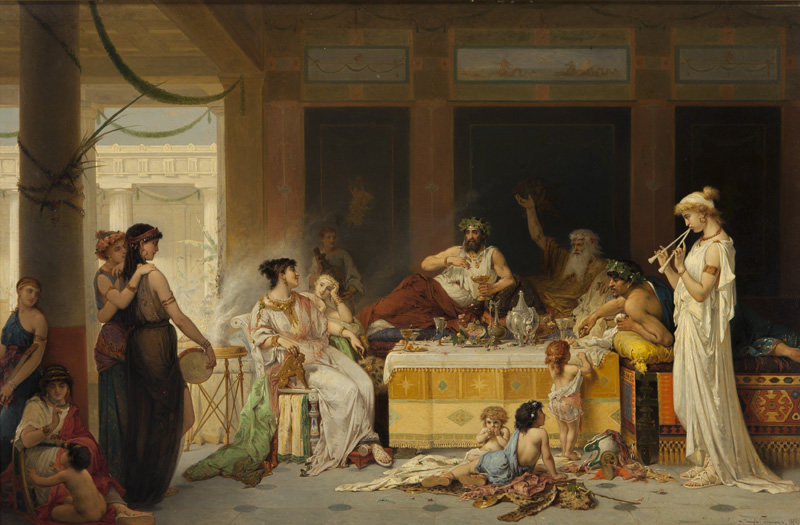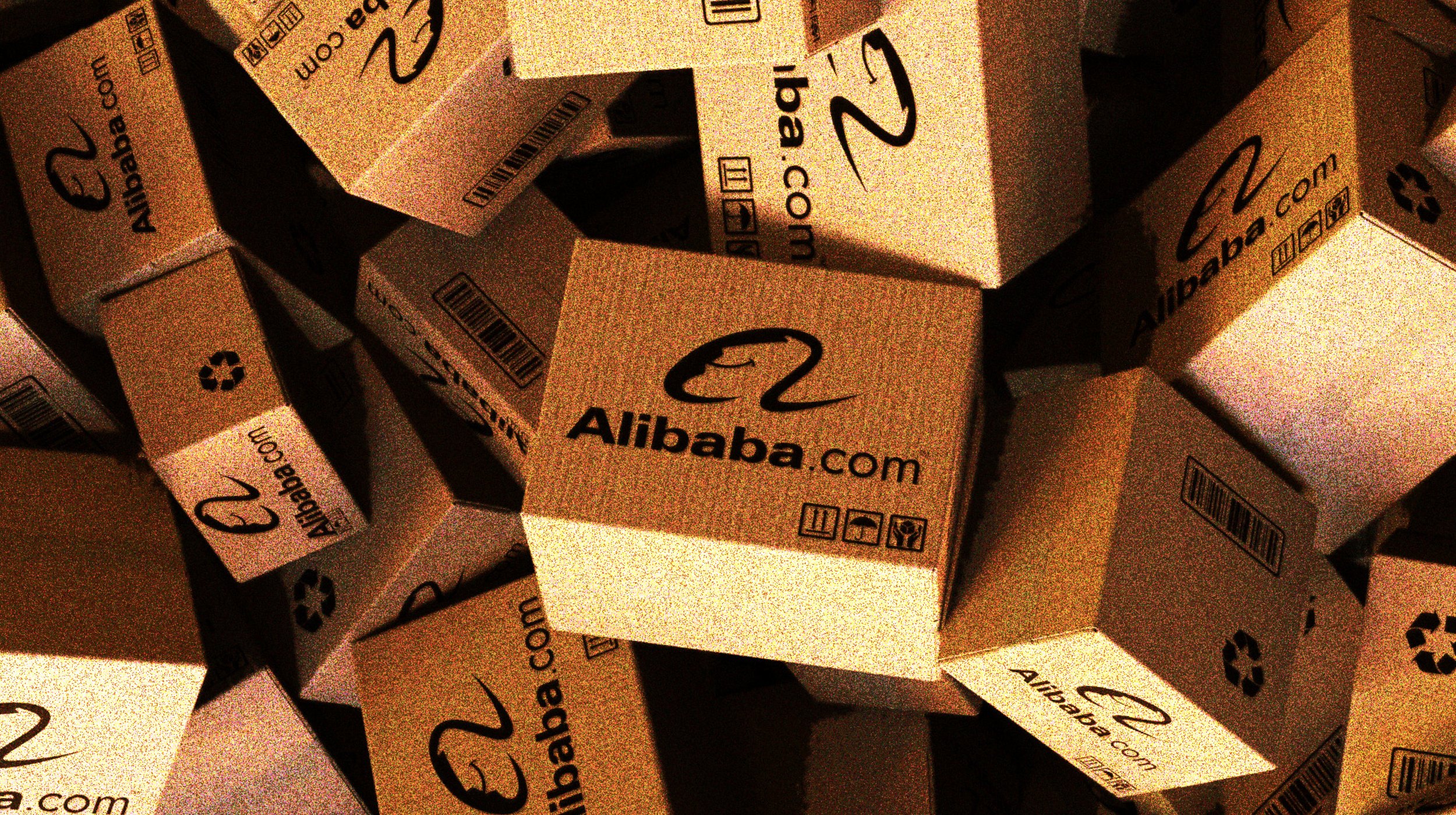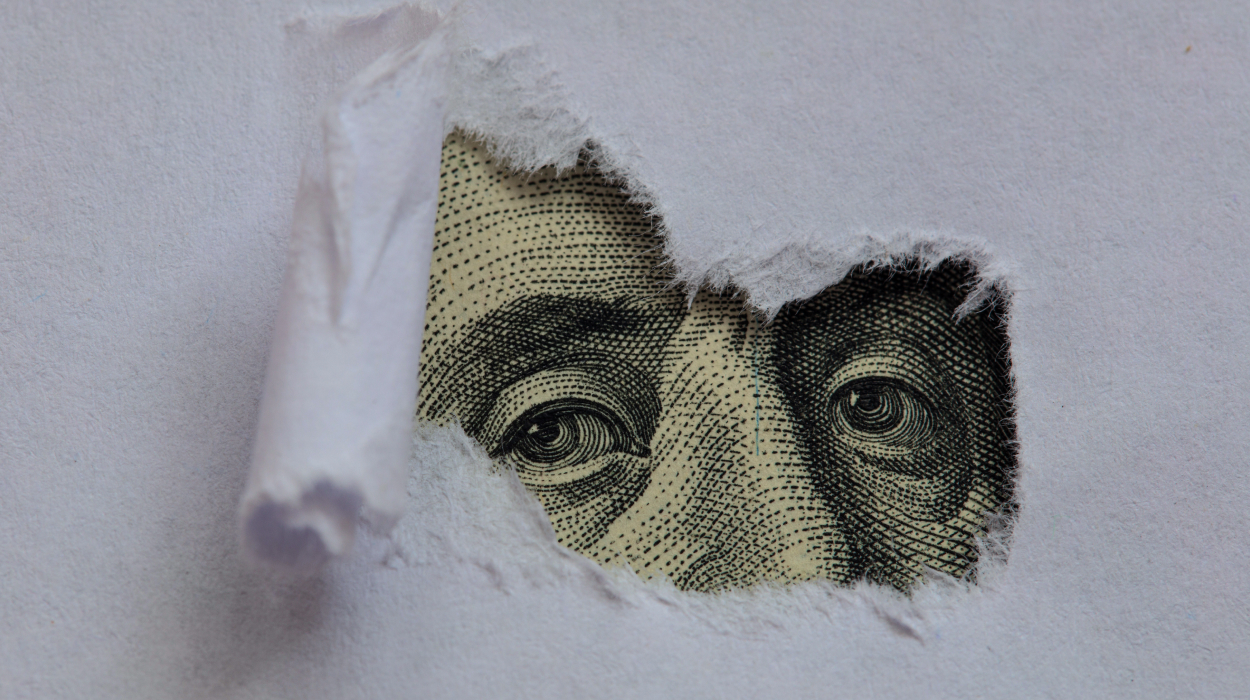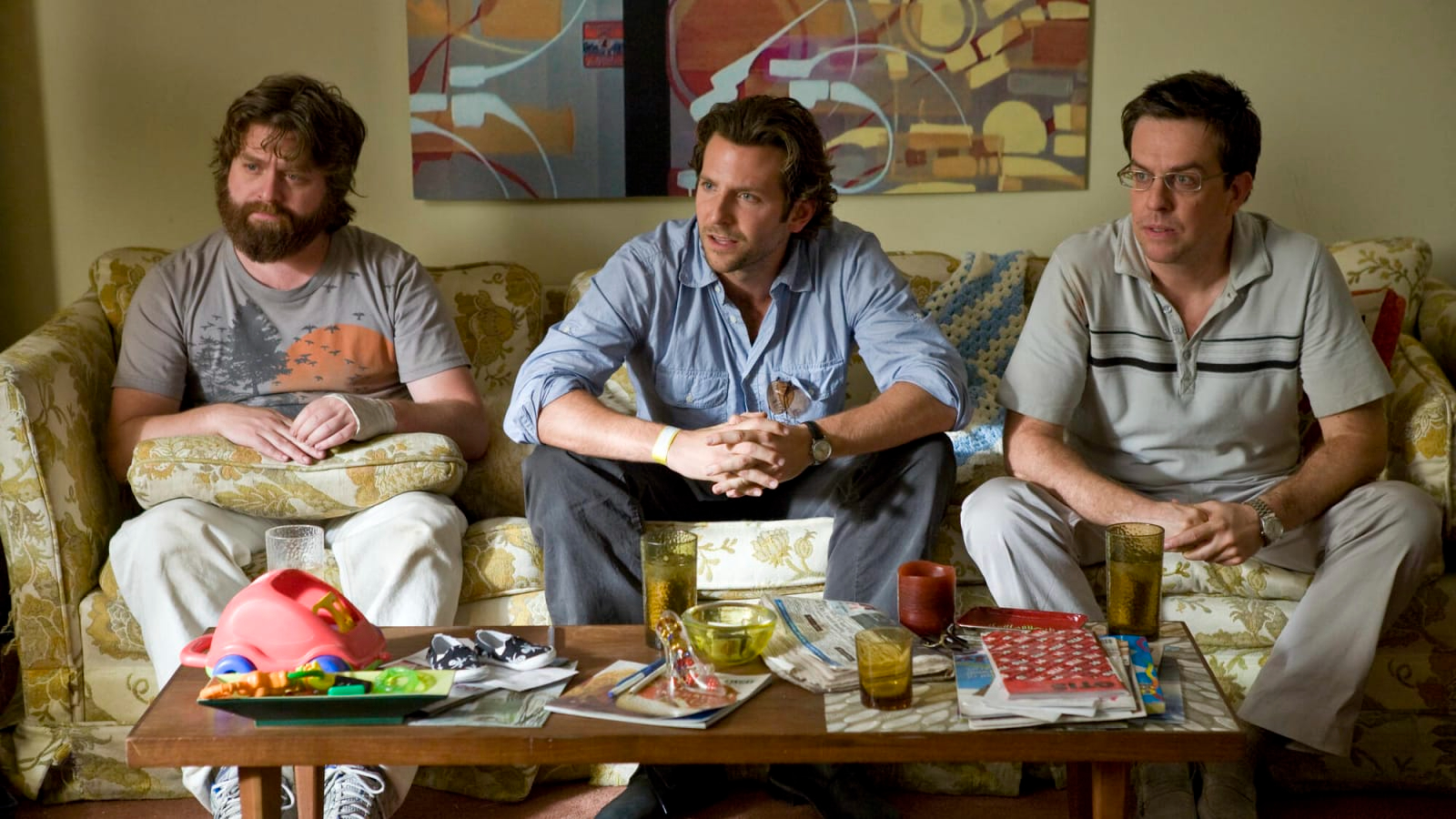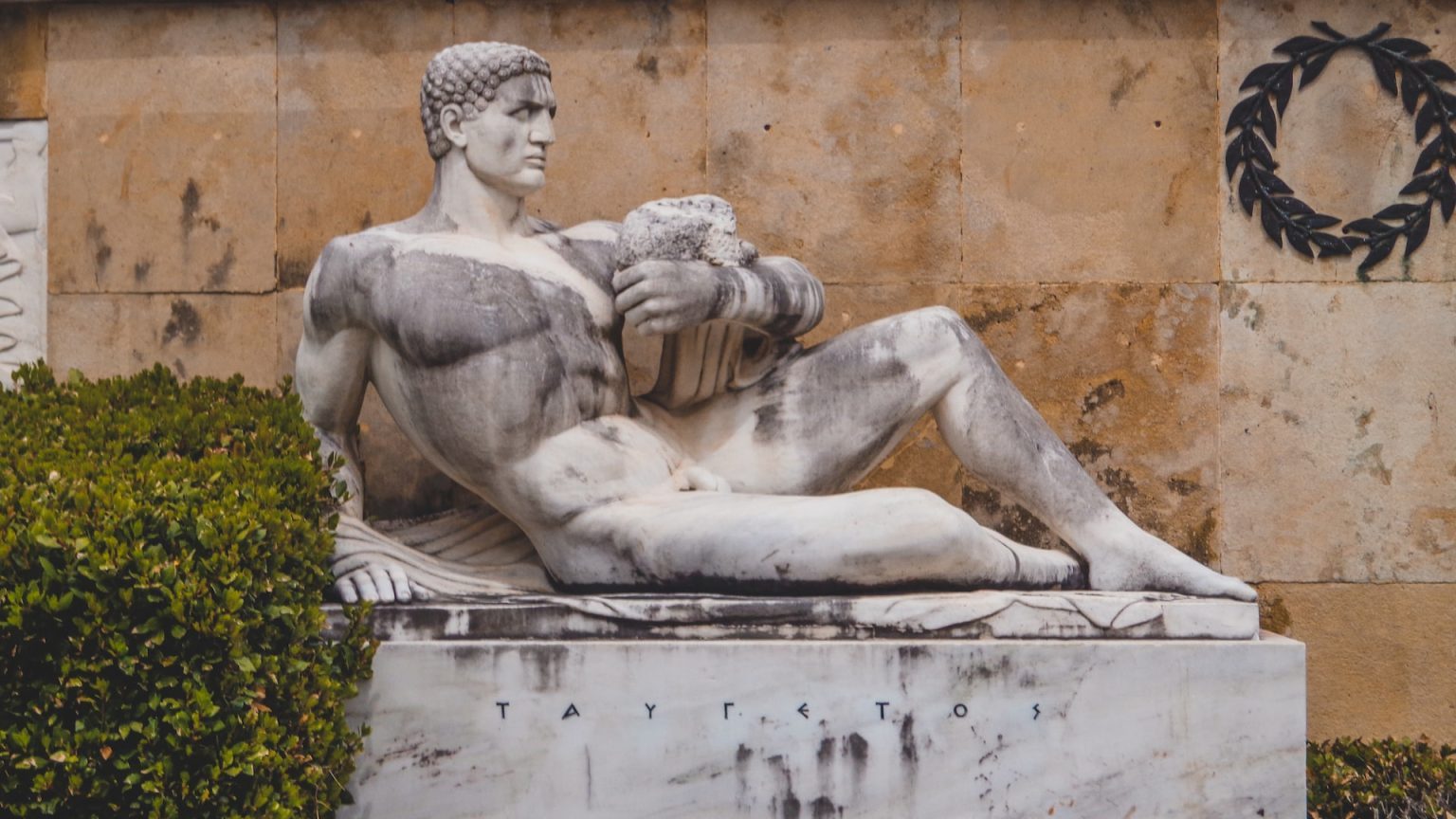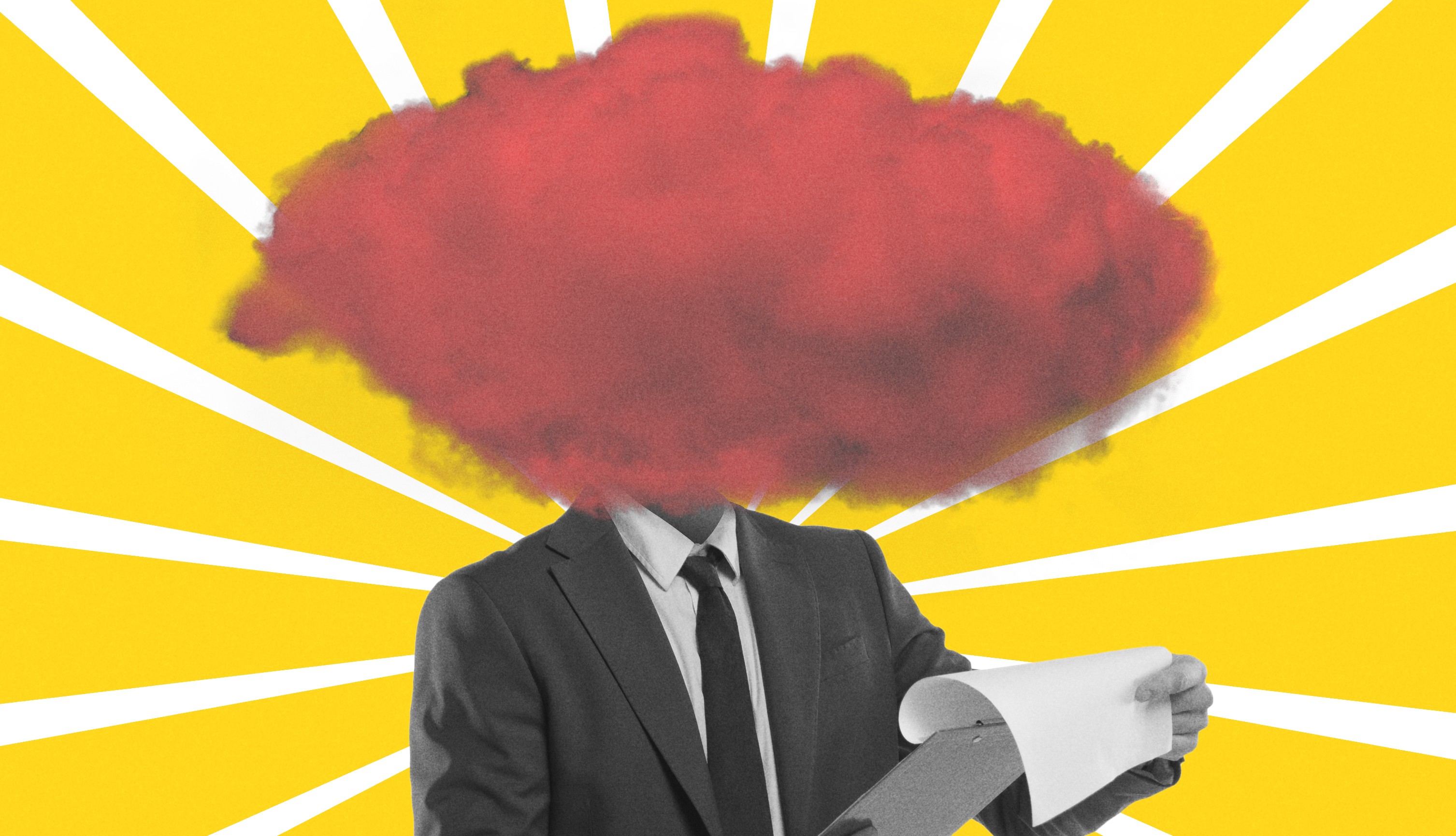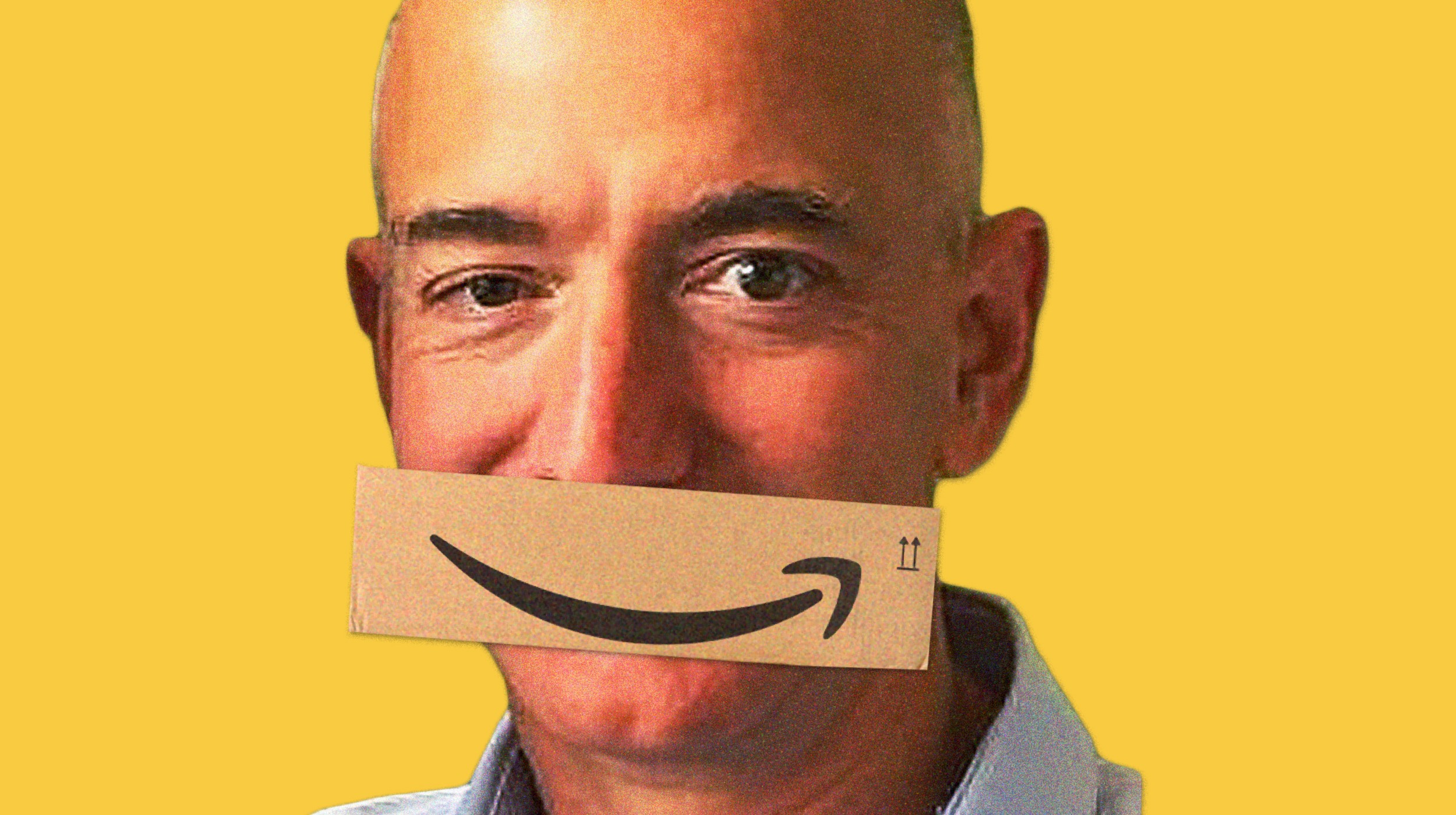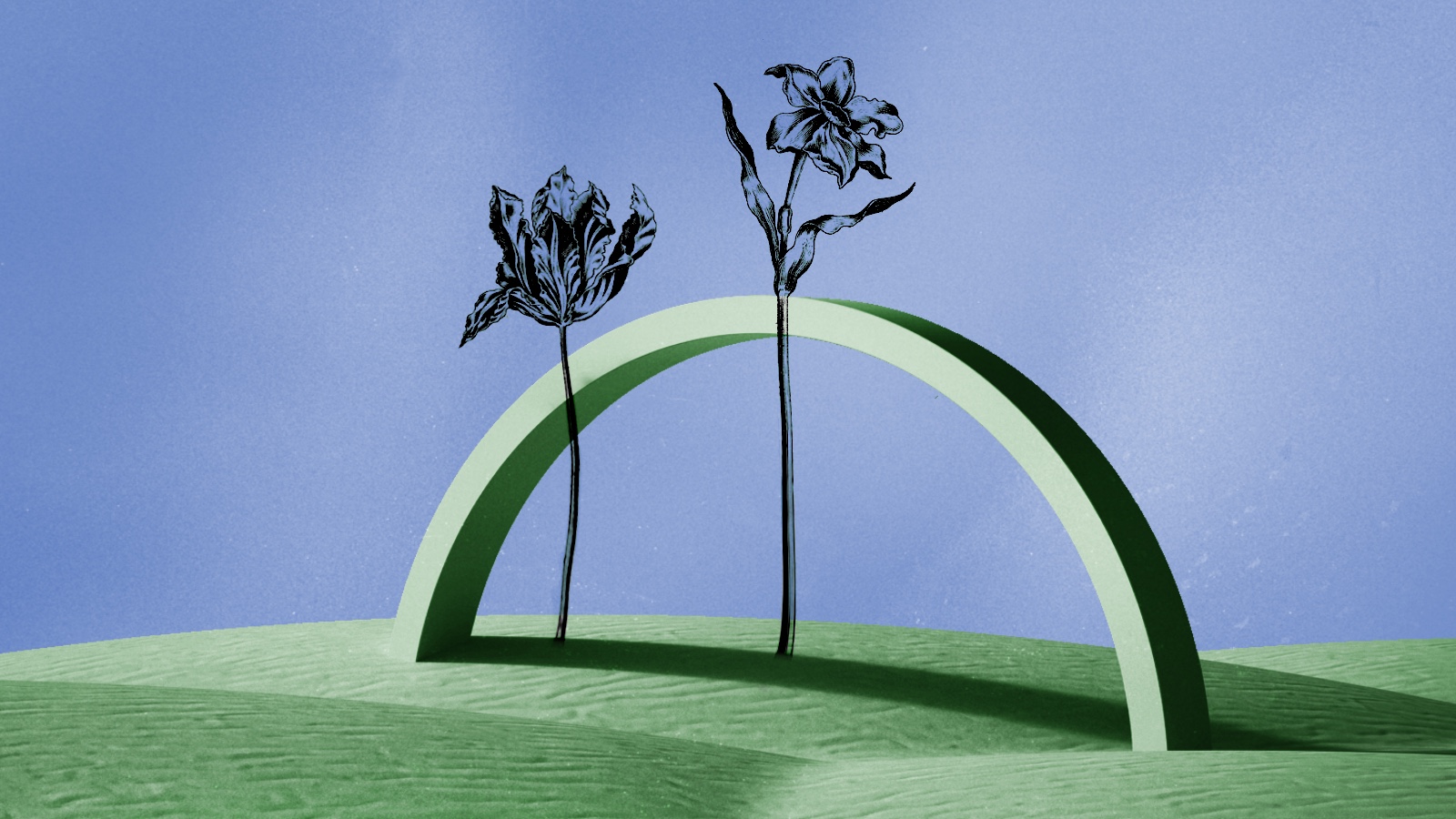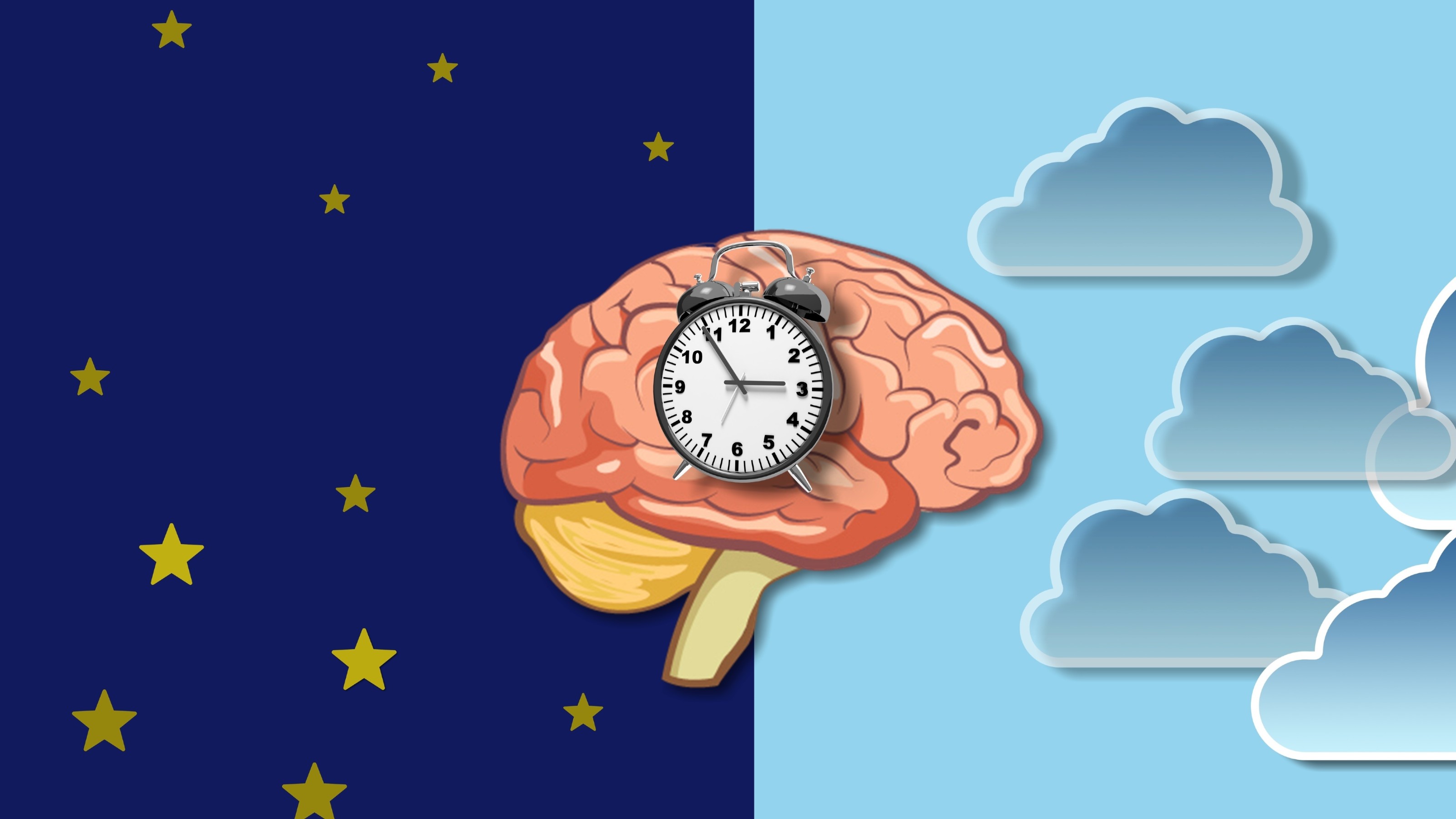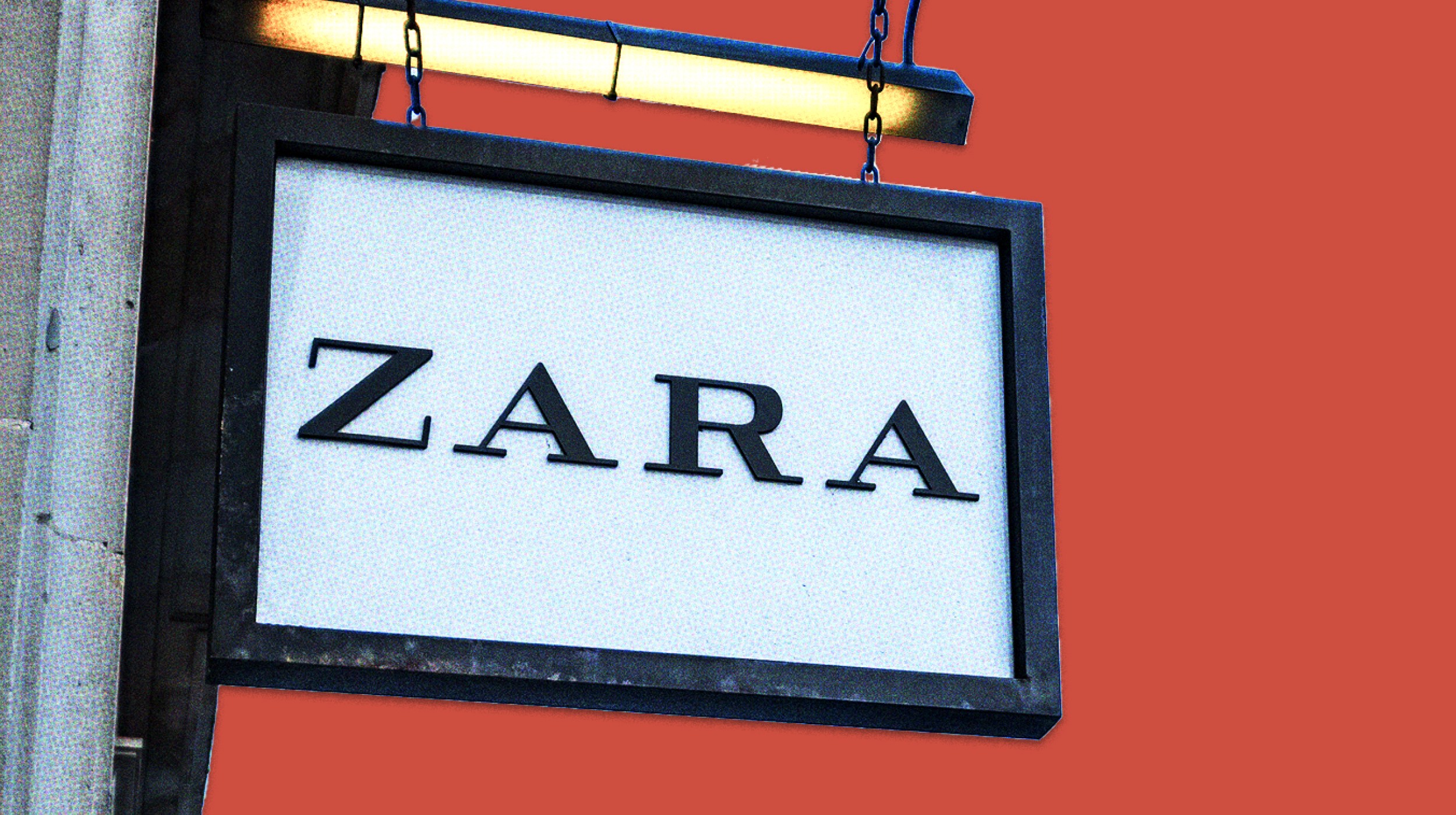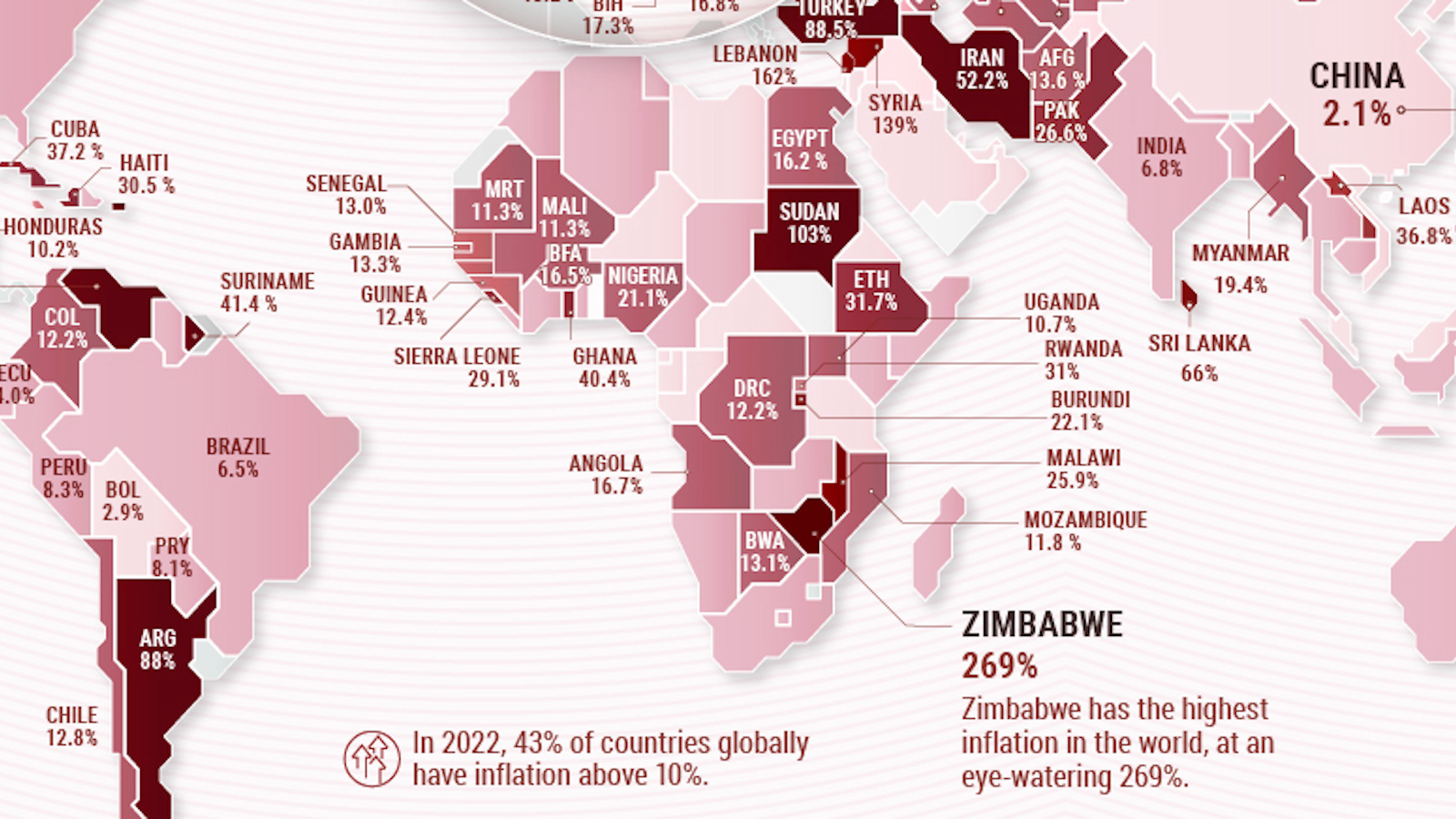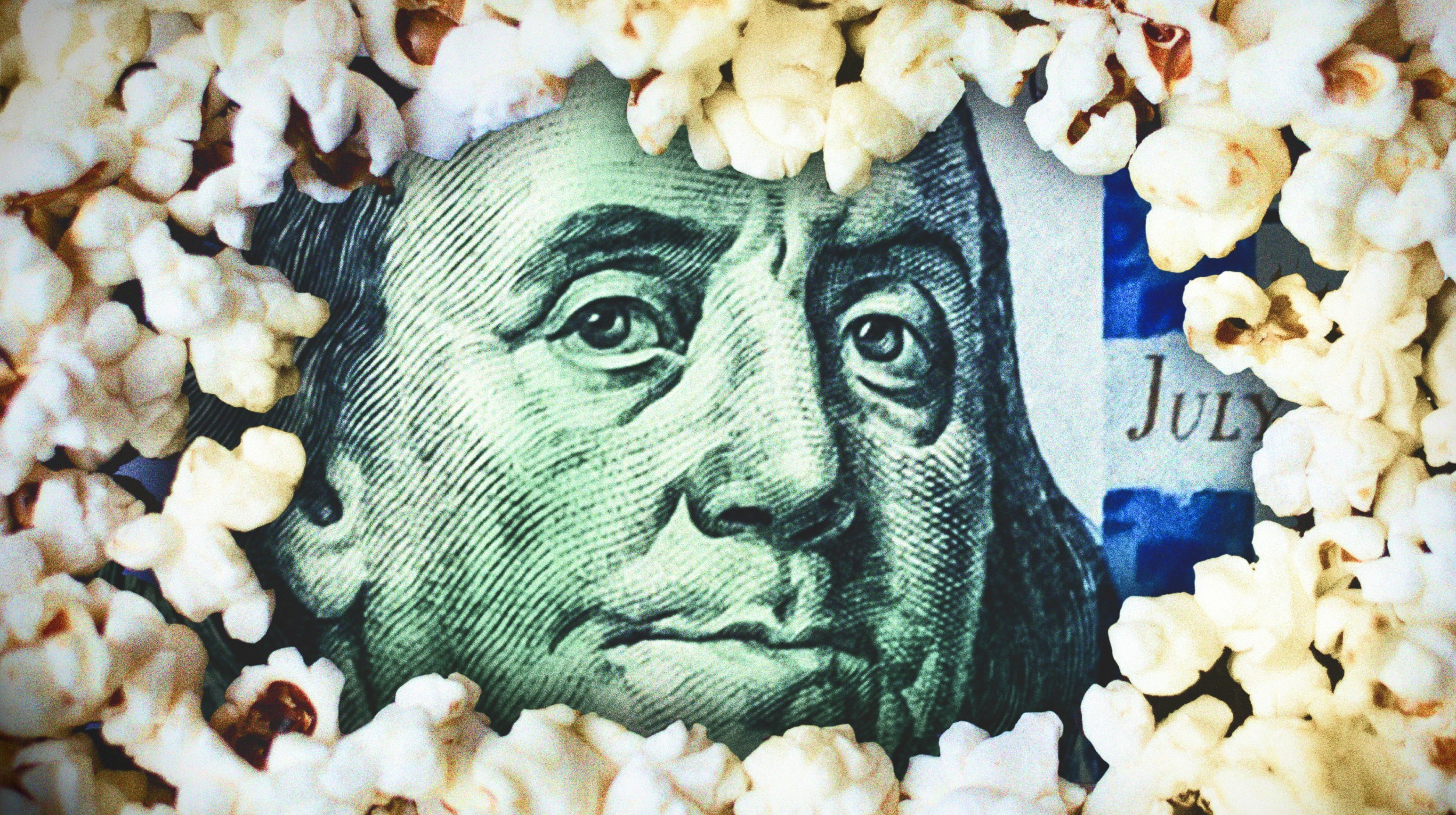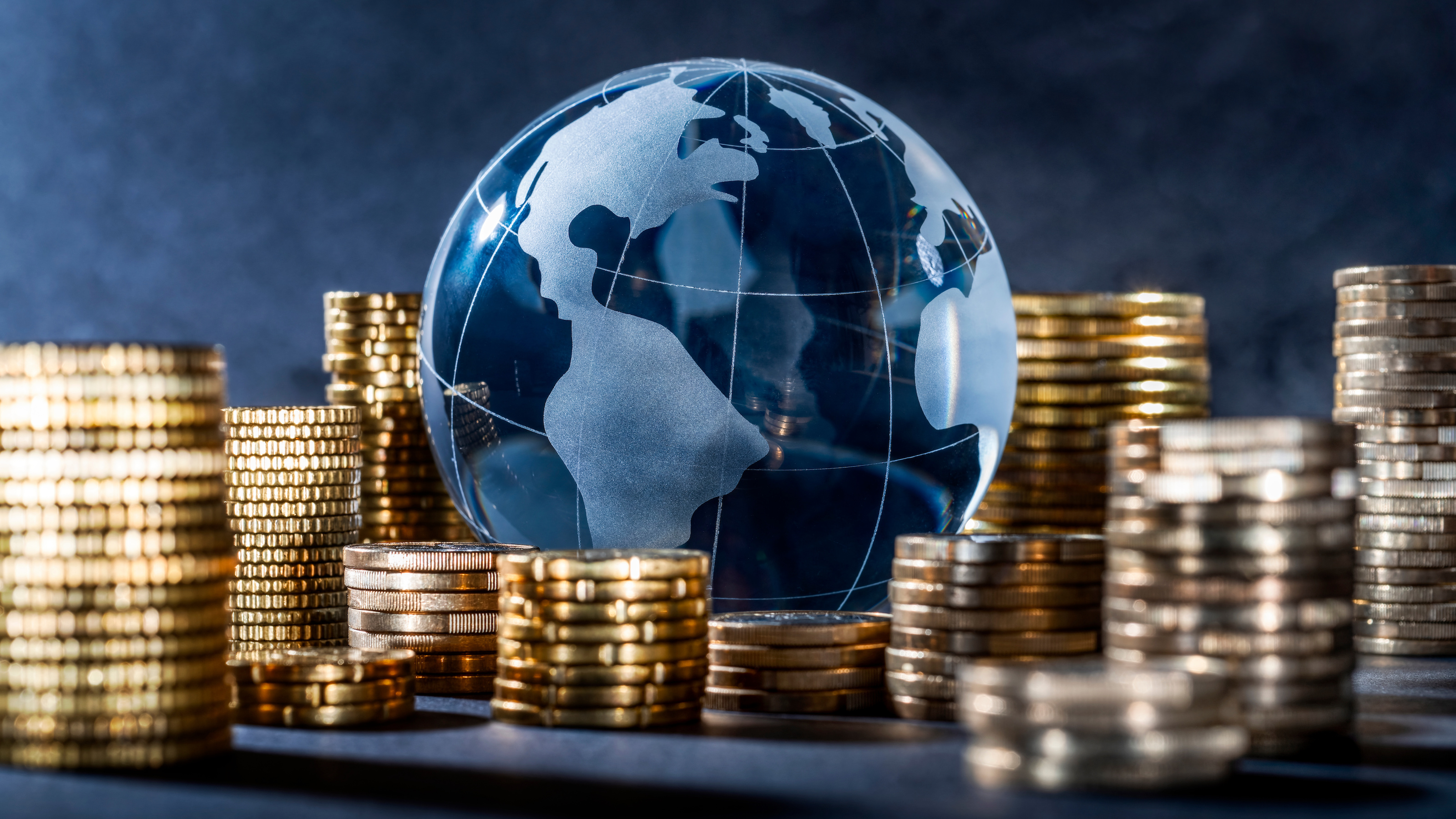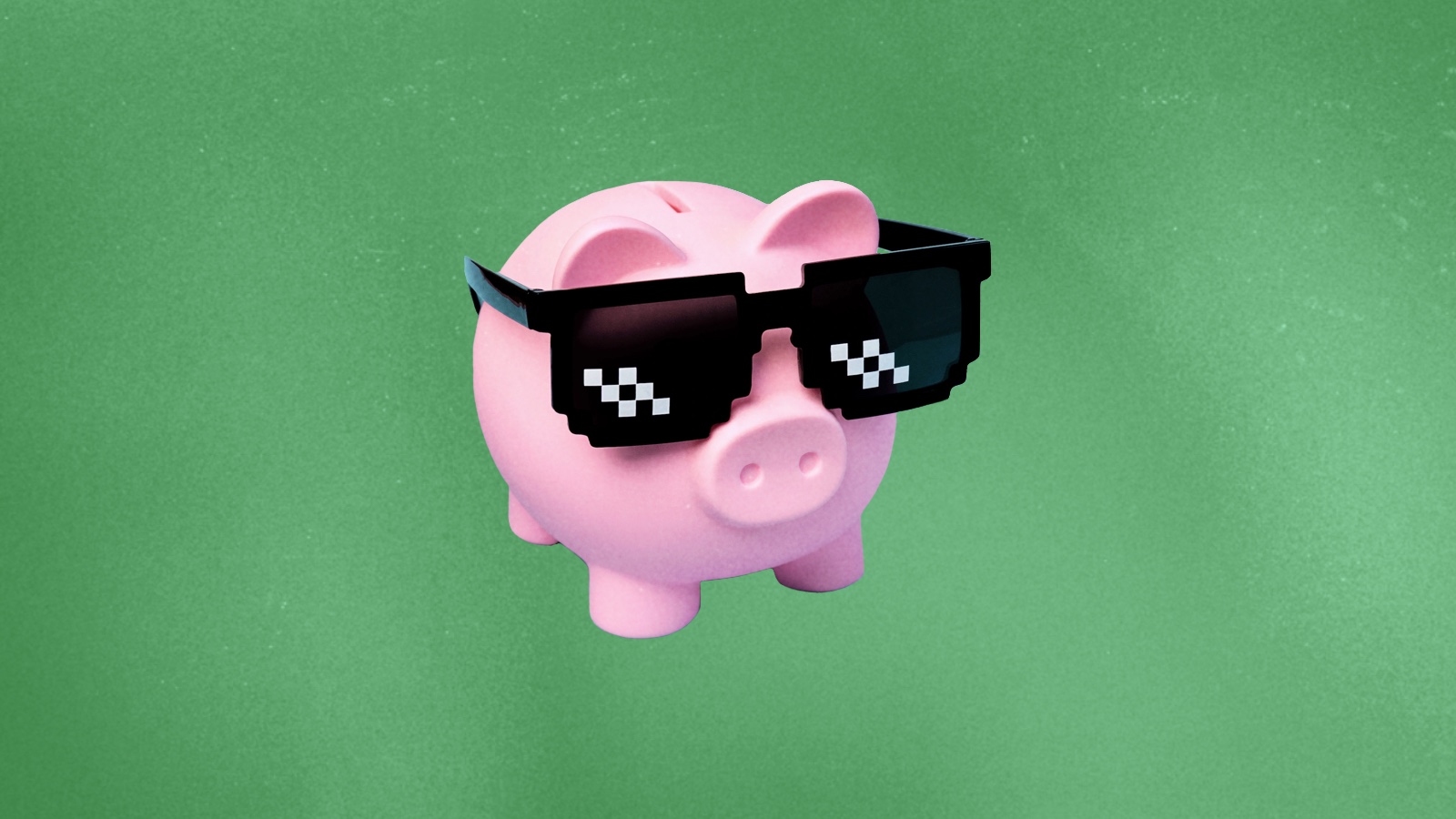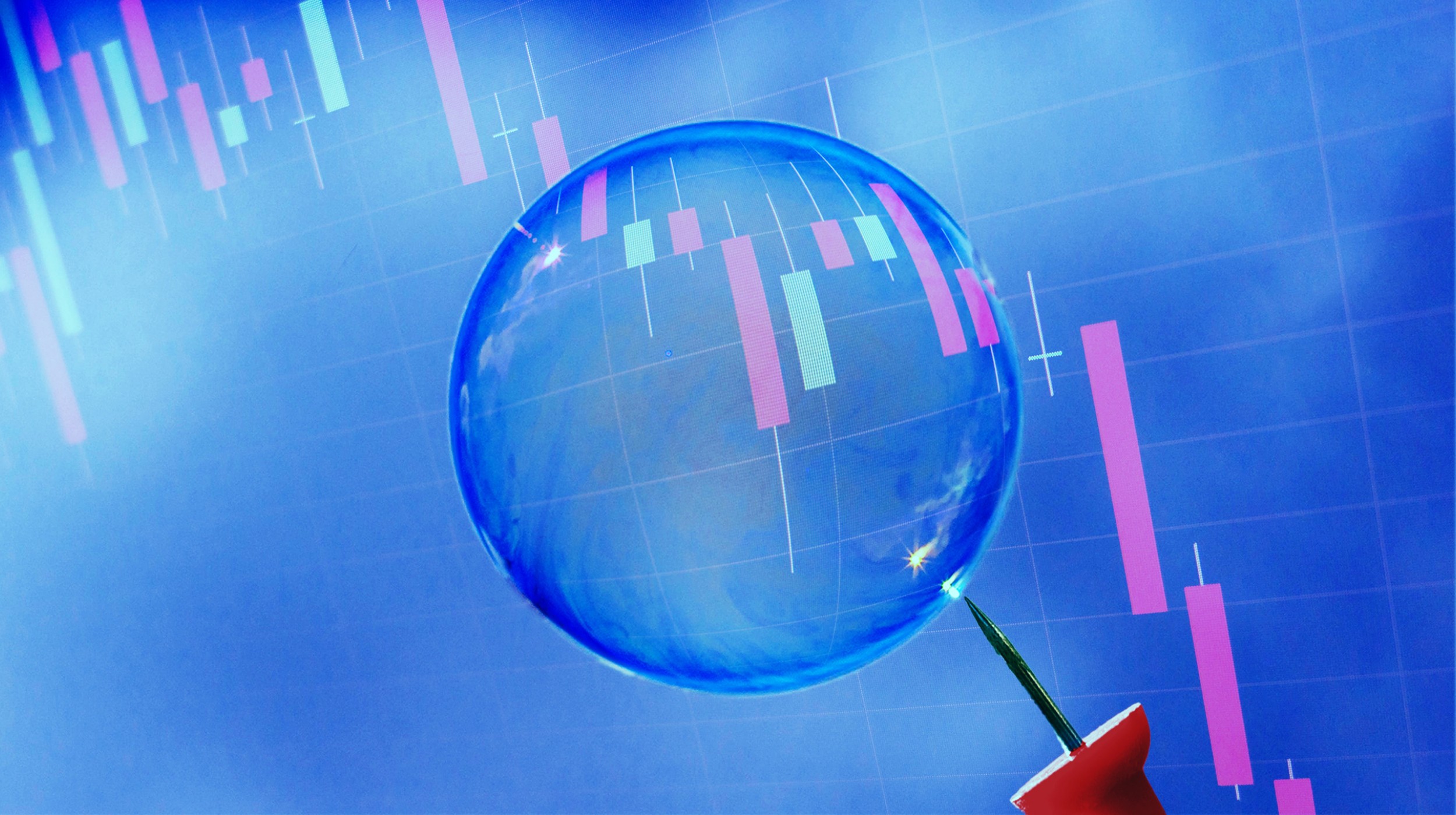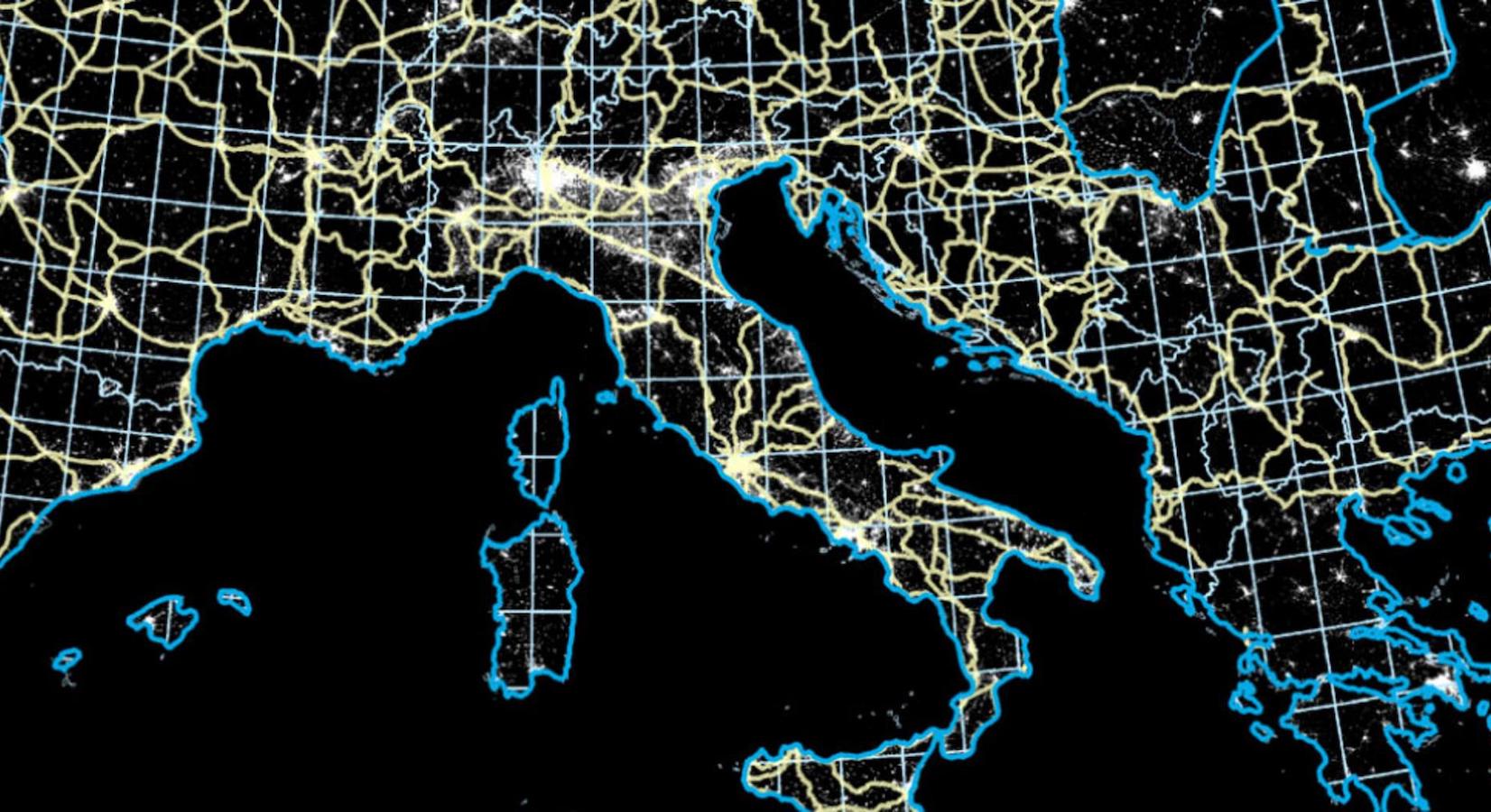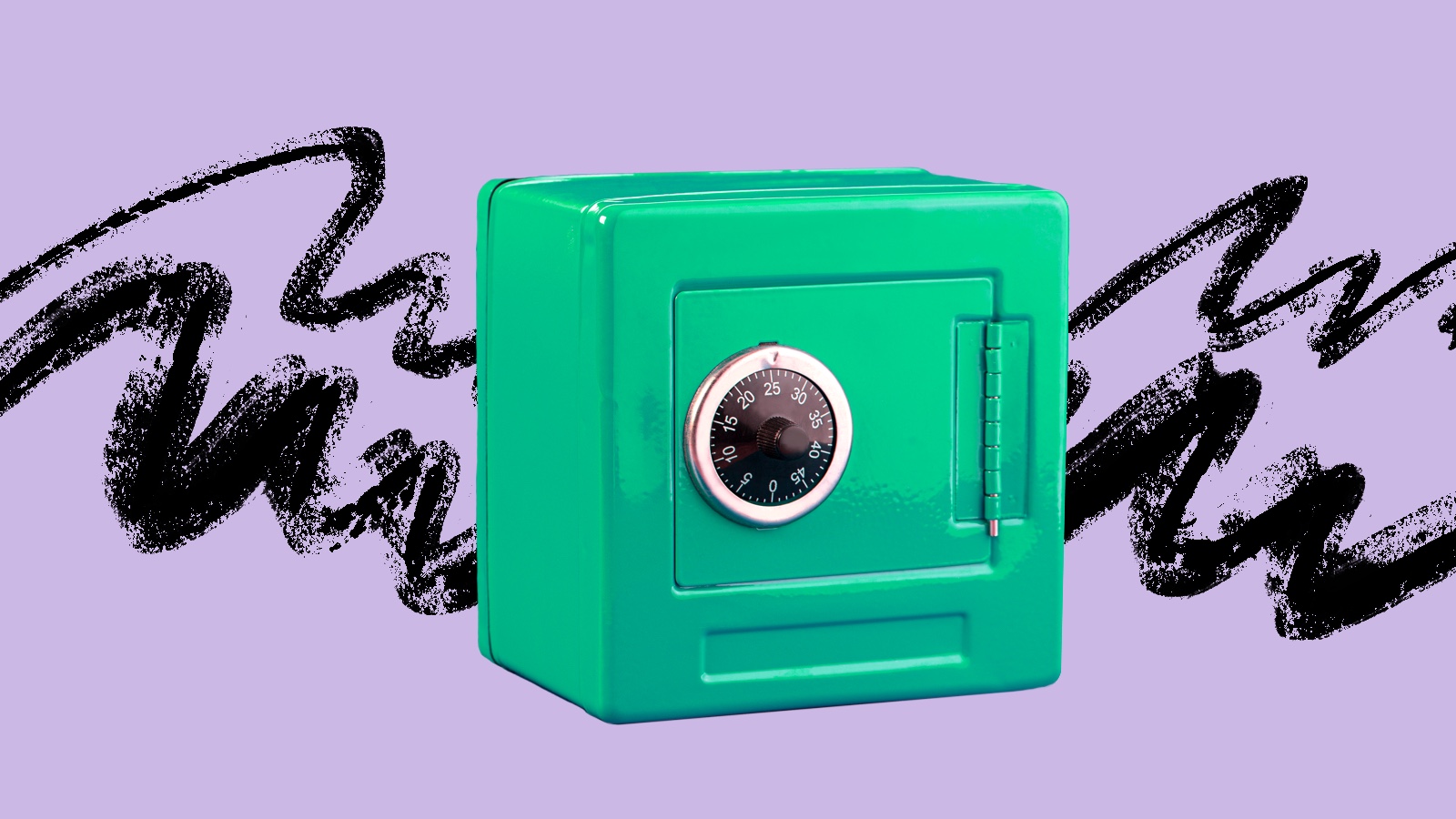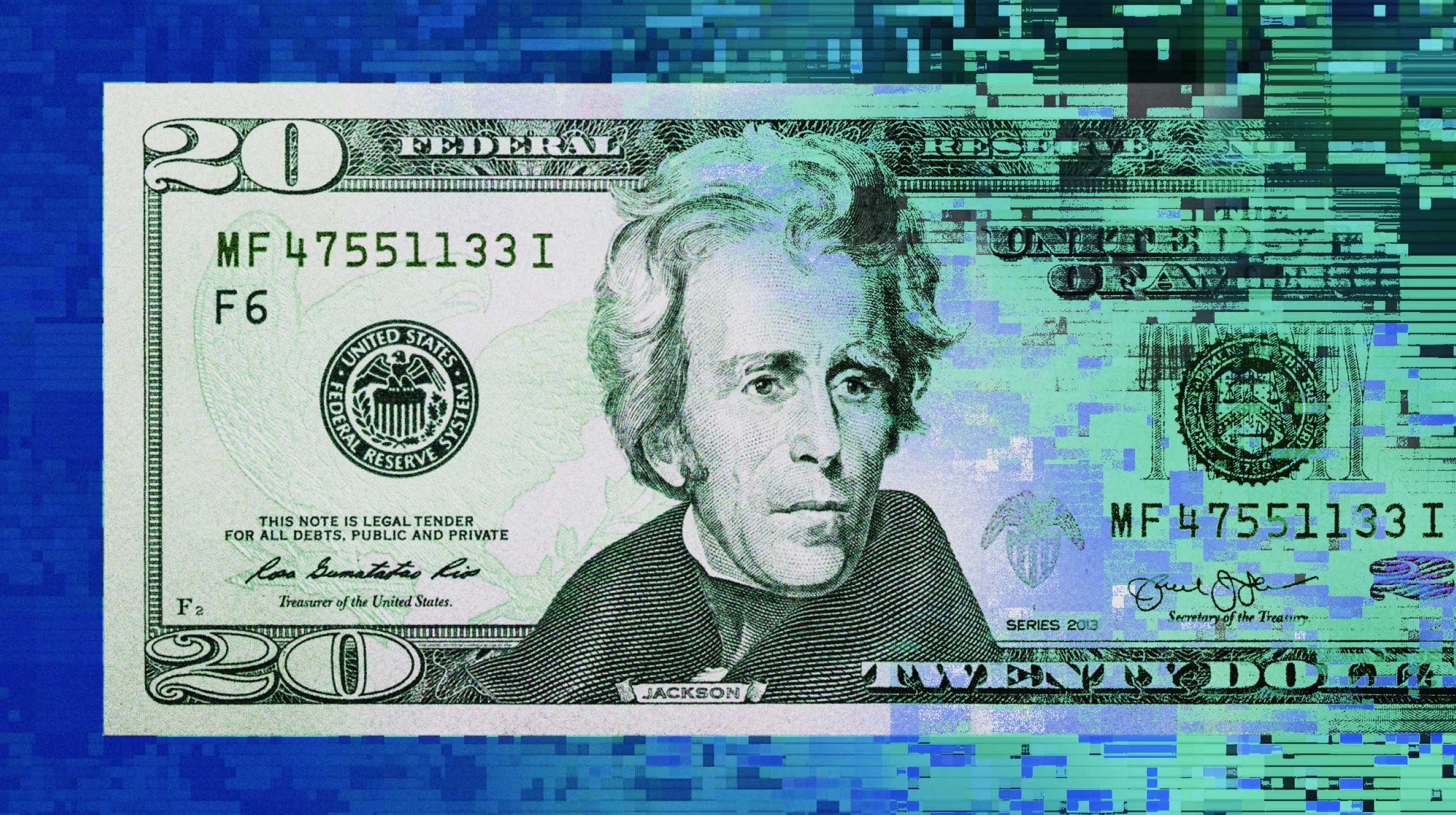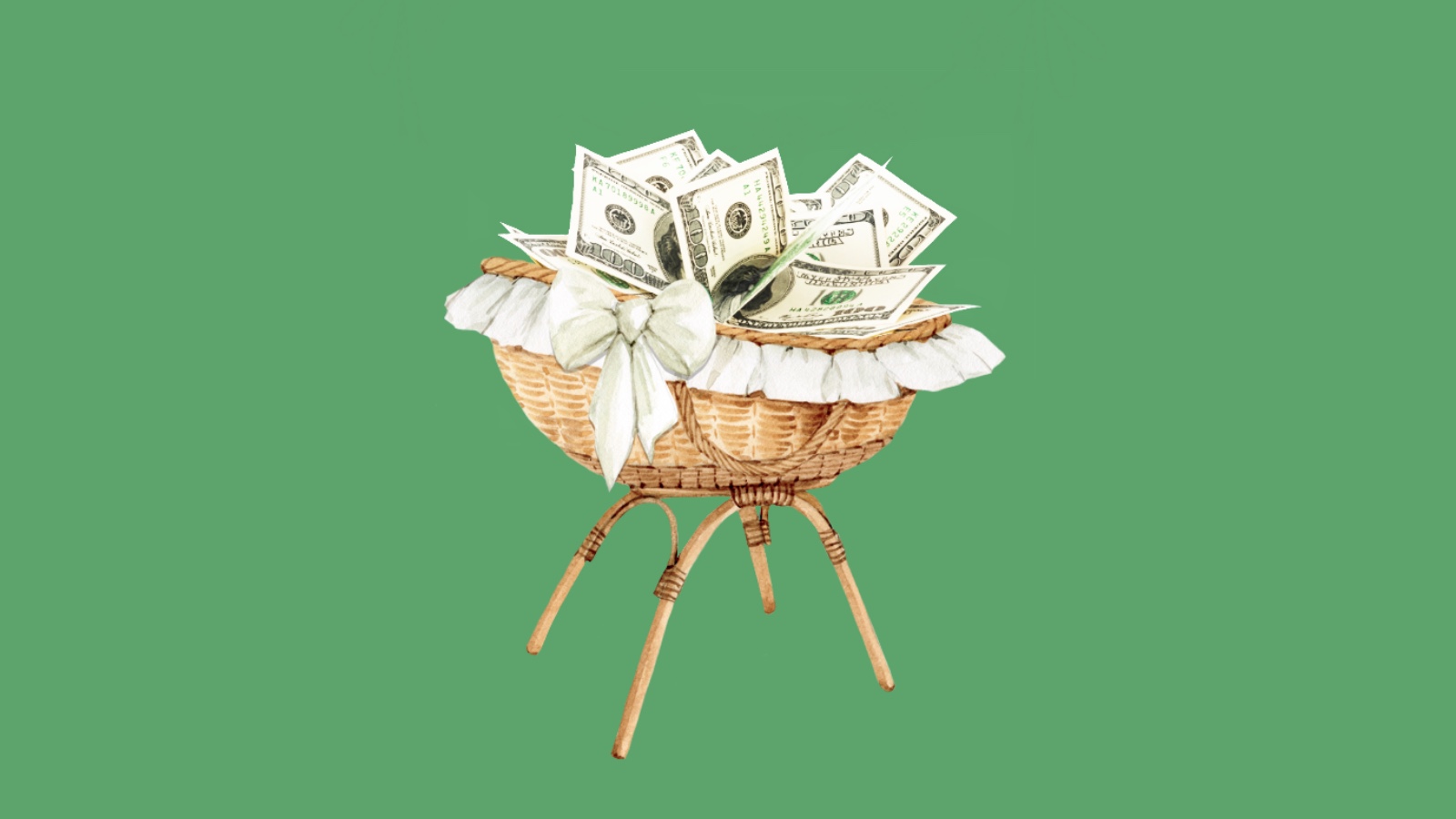Economics & Work
Day trading has the potential to yield incredible profits, but without a time machine, you’re unlikely to achieve them.
There are four money personality types. Which are you?
Computerized, job-focused learning undercuts the true value of higher education. Liberal arts should be our model for the future.
From COVID and cancer vaccines to a steady drop in the number of people living in extreme poverty, there are reasons for optimism in 2023.
Studying the display of personal wealth across time can help us better understand the history of socioeconomic inequality.
Although it’s often described as the Amazon of China, Alibaba has a radically different business model that does not rely on inventory management.
The “money taboo” is not a single taboo, but rather an amalgamation of several smaller taboos tied to gender and socioeconomic class.
If comedies do get made today, they usually bypass the big screen and go straight to streaming platforms.
The Athenian rich paid their taxes because they craved the social success of being perceived as “useful.”
While Costco warehouses may remind shoppers of Walmart, this membership-only retailer has a business model that more closely resembles Amazon or Netflix.
The concept of burnout is nothing new. But there are ways to prevent burnout and promote greater engagement with work.
Some analysts predict that Amazon’s revenue will double over the next five years.
The media sells bad news, but scientific evidence shows that we are making progress toward a greener planet.
For college students, it’s the early afternoon.
Nearshoring may be the manufacturing model of the future.
The popular game has a backstory rife with segregation, inequality, intellectual theft, and outlandish political theories.
The insanity of the academic job market laid out in numbers.
Guess which country has 269% inflation.
For decades, cinemas have earned more from concessions than ticket sales. But can their current business model survive in the streaming age?
Inequality should be measured in terms of the time it takes for us to earn the money to buy the things we need. And everyone is getting wealthier.
Between the instability of the real estate market and cryptocurrency fluctuations, everyone has been talking about bubbles. But what are they, really?
All roads may not lead to Rome, but many of them lead to wealth and prosperity — even 1,500 years after the fall of the Roman Empire.
With economic turmoil looming, everyone wants a way to keep their funds safe. But is that really possible?
The findings contradict a widespread belief.
Mindfulness, detachment, selecting off-time activities with care: Here are evidence-based strategies to achieve healthy work-life balance.
The history of money is a history of convenience, and spending has never been easier than it is today.
After cryptoassets, a wave of central bank digital currencies is set to revolutionize our ideas about what money is and how to manage it.
If everyone just showed up to their appointments, $150 billion of waste could be averted.
They believe in meritocracy, yet leave their kids massive wealth.
